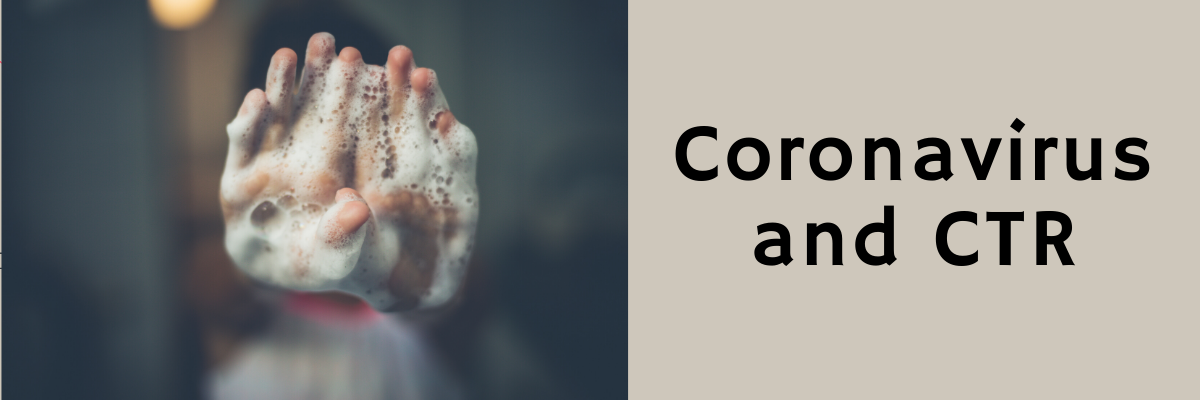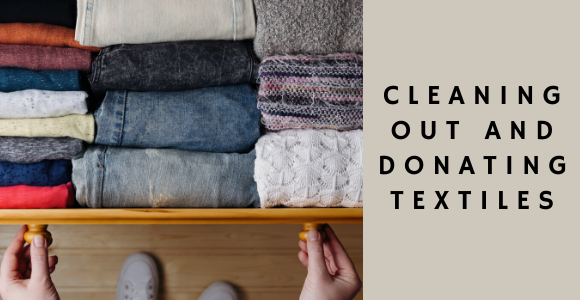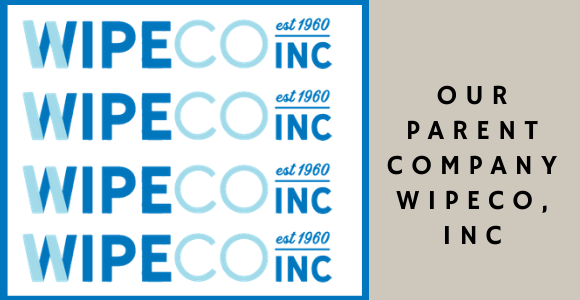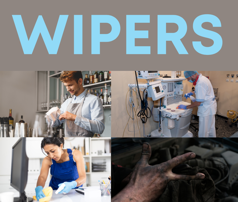 Our Company
Our Company
Wipers

As many of our readers know, Chicago Textile Recycling operates under its parent company of Wipeco, Inc. A supplier of wiping rags for Chicagoland and the greater Midwest, Wipeco plays a vital role in textile recycling.
“Few consumers, anywhere, have heard of the wiping rag industry. But it bails out everyone. Approximately 30 percent of the textiles recovered for recycling in the United States are converted to wiping rags, according to Secondary Materials and Recycled Textiles: the Association of Wiping Materials, Used Clothing, and Fiber Industries (SMART), a U.S.-based trade association. And that’s probably an undercount. The 45 percent of recycled textiles that are reused as apparel eventually wear out, too. When they do, they are also bound for the wiping rag companies.” (“Secondhand: Travels in the New Global Garage Sale”, Minter, p 158)
A Short History

Previously, we shared a very short history of the rag and bone man from the early to mid nineteenth century here. There is no way to truly know when people began cutting old clothes into cleaning rags, but I imagine it began much earlier.
“For most of human history, rag making has been an act of household thrift so common that few consumers think of it as recycling, sustainable, or green. What transformed this act of household thrift into an industrial process were the factories and machines that created the industrial revolution. Maintaining and repairing those machines required rags to apply or wipe up grease and oil. In industrializing England, the most abundant source of those rags was the growing surplus of used, unwanted textiles made by those very machines. An industry emerged to collect and deliver them to the rag makers, and by the late nineteenth century, British rag makers were as industrialized as the textile mills, with buying networks as complex as those used to distribute clothing to the growing retail industry. Rag making soon went global: by 1929, the United States was the leading rag-making nation, home to at least twenty-six wiping rag companies with industrial laundries that ensured the cleanest rags possible. Thousands of people were employed in rag-cutting factories.” (p 159)
Wipeco began in 1960 when Wipeco founder Courtney Shanken’s cloth diaper service business was evaporating with the growing popularity of disposable diapers. He began receiving numerous calls from manufacturers asking to purchase the used clean cloth diapers as rags. From then, it has grown into the business it is today. Though many rag-cutting and supply companies have moved overseas, a number still remain in the United States run by committed and passionate employers who aim to supply quality wiping rags to businesses such as those listed in the quote above.
Why Rags?
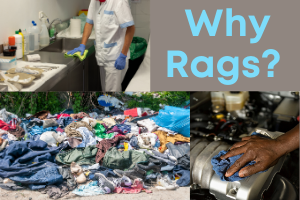
What exactly is the need for rags? Are they really necessary for businesses? Do they truly keep a significant number of textiles out of landfills?
“Nobody counts the number of wiping rags manufactured in the United States and elsewhere every year. But anyone who knows the industry acknowledges that the numbers are in the many billions, and growing. The oil and gas industry, with its network of pipes and valves, requires hundreds of millions of rags per year to wipe leaks, lubricants, and hands. Hotels, bars, and restaurants need billions of rags to wipe everything from glasses to tabletops to railings. Auto manufacturers need rags to wipe down cars as they come off the assembly line; repair garages need rags to clean off dipsticks after oil changes; car washes need them to apply wax. Painters need them to wipe brushes, spills and drips. And the healthcare industry demands endless numbers of rags to keep hospitals and clinics clean and sanitary.” (Minter, p 158)
As Minter shares, rags are vital to many industries in our country. With billions used, billions are kept out of landfills. With billions kept out of landfills, those who recycle textiles can know they are making a difference with their donations supplying necessary rags to keep businesses clean and healthy and keeping unnecessary items out of landfills, further harming our planet.
Wipers Today

With the advent of the pandemic this year, even greater is the need for wiping rags in various industries. Wiping rags used in conjunction with disinfectants and cleaners are essential in keeping populations safe and healthy during this harrowing time. However, rags are not what they were even fifty years ago.
“The days of recycled 100 percent cotton wiping rags are pretty much over, and so are the days when wiping rag manufacturers could rely on industry specifications. The problem is that clothes and textiles simply aren’t as well made as they used to be. A shirt that falls apart after a few washes can’t be transformed into a rag suitable for wiping down a freshly washed car or a restaurant table. Cheap fast fashion isn’t just hurting thrift shops; it’s hastening a garment’s trip to the landfill or garbage incinerator.” (Minter, p 162)
As quality decreases with textile production, many suppliers have had to turn to disposable paper wipers and even create their own wiping rags, seeing the product through from cotton fields to rag, certifying a quality product with the highest standards for wipers. The wiping rag trade is one that is both complicated and creative, and remains indispensable to many industries in our country.
Textile Recycling
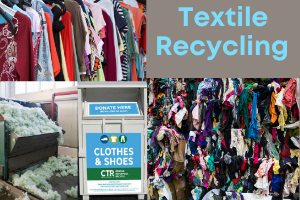
Our hope at Chicago Textile Recycling is that with this short education around the importance of wiping rags and our ongoing goal of spreading awareness around textile recycling in general will further spur on your desire to recycle textiles and educate those in your sphere of influence. By recycling textiles, you are furthering the production of wiping rags to supply necessary businesses such as hospitals, schools and hotels to keep patients, students, and patrons healthy during this season of sickness. You are helping your community in supplying thrift and resale stores with products to sell to aid their missions of reaching at-risk and poor populations. You are providing fiber content for insulation in numerous homes, cars, and other products. And you are keeping textiles out of landfills and furthering the care of our planet.

